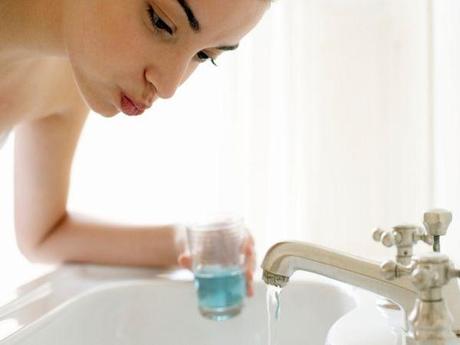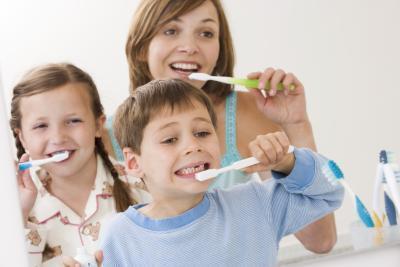
Good Personal Hygiene
Good personal hygiene is one of the most effective ways to protect ourselves, and others, from illness. Taking the proper precautions can help you avoid getting sick and passing illnesses on to those around you. One of the most effective ways we have to protect ourselves and others from illness is good personal hygiene. This means washing your hands, especially, but also your body.
These good habits learned in the childhood are remembered and followed throughout the life and hence doctors, parents, and teachers give a special emphasis on these habits. Not only kids but adults are also required to know the importance of these habits to prevent any kind of diseases.
Read this article to learn how to manage personal hygiene to both improve your overall appearance and ward off infections.
Wear Clean Clothes Every Day
Clothing can be dirty with more than you might want to imagine, harboring everything from both normal and potentially dangerous bacteria to feces and viruses. We also perspire in our clothing, whether it’s your workout gear or your office suit, and this can make you smell like sweat. Without proper and frequent sanitizing, some of this bacteria can hang around for weeks.
Wash your hands
Washing your hands before preparing or eating food, after going to the bathroom, after coughing or sneezing, and after handling garbage, goes a long way toward preventing the spread of bacteria and viruses. Keep a hygiene product, like an alcohol-based sanitizing gel, handy for when soap and water isn’t available.
Giving a bed bath
If the person you care for cannot move or has extremely limited mobility, you may need to give them a bed bath. You will need to be extra careful when moving or handling them. Specialist disposable baths are available for people who need a bath where you are put fully in the water.
Hairy problems
Hair on your chin, upper lip, ears and nose can make you look unsightly. So remember to pluck it out when they start becoming visible on your face. Women should visit the salon every 15 days to shape up the eyebrows. Another safe and effective way is to opt for a laser surgery for removing facial hair only if it fits your pocket.
Preventing acne
At around age 10, it makes sense for your teen to start washing his or her face twice a day. Plenty of kids don’t have any acne problems at that age, but getting in the habit early is smart. Make sure your teen understands not to wash too vigorously, even if her skin is oily. Trying to scrub off the oil will just leave the skin cracked and irritated.
Shower Daily
It reduces stress, washes away dirt and leaves you smelling nice. Taking a daily shower (or bath) will help to wash away the grime of the day, but bathers should beware. Too much showering can strip the normal, good bacteria from our skin. And a hot shower can dry out your skin, putting you at risk of infection. If daily showers help you feel clean and fresh for the day, keep them short and use warm water rather than hot.
Maintaining good oral health
Teens can get pretty lax about their oral hygiene. But brushing and flossing are crucial, especially if they’re drinking coffee and sugary, acidic sodas and sports drinks. It’s not only about tooth decay. Bad oral hygiene leads to bad breath and that’s something that no teen wants.
Soothing skin
Make up clogs up your skin pores and gives germs a chance to multiply. If you do not remove the makeup before you hit the bed, you will surely have a couple of pimples sprouting out the next day. So no matter how tired you are, you must remove your make up before you sleep.

A Guide to Good Personal Hygiene
Good Habits Help Keep You Healthy
For most people, good hygiene is so much a part of their daily routines that they think little about it. They bathe, they brush their teeth, visit the dentist and doctor for regular checkups, and wash their hands when preparing or eating food and handling unsanitary items. To keep those you care about healthy and safe, help them learn, and be sure that they are practicing, good personal hygiene.
